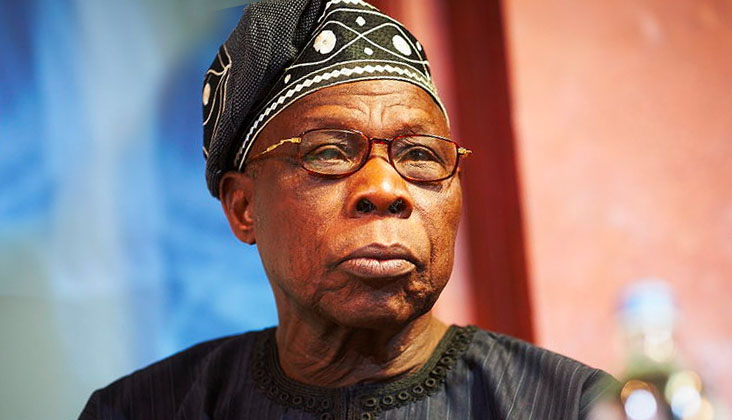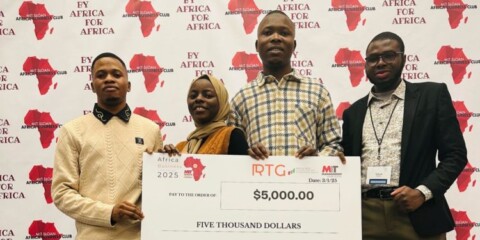Former Nigerian President Olusegun Obasanjo has raised alarm over the high number of out-of-school children in Nigeria, estimating that the figure stands at 20 million. He warned that these children could become a recruiting ground for Boko Haram fighters in the next 10 to 15 years. Obasanjo shared these concerns during a recent event in Bauchi, where he commissioned several projects completed by the state government.
UNESCO reports that Nigeria has one of the highest numbers of out-of-school children in the world, ranking just behind India. Although the Nigerian government challenges these statistics, the situation is still concerning. Obasanjo highlighted that without proper education and opportunities, these children could become targets for exploitation by extremist groups like Boko Haram.
President Bola Ahmed Tinubu shared similar worries last December, emphasizing the necessity for additional schools, teachers, and meal programs for schoolchildren. He views resolving these challenges as crucial for Nigeria’s advancement. The federal government has launched the Data Repository, Out-of-School Children’s Education, Teacher Training and Development, and Skill Development and Acquisition (DOTS) project to enhance the education sector and increase enrollment.
Dr. Yusuf Tanko Sununu, the Minister of State for Education, highlighted that out-of-school children are a critical part of President Tinubu’s agenda, focusing on social welfare, health, and education. Sununu warned that if these children are not given the attention they need, they may fall into the hands of criminal elements in the future.
Obasanjo stressed the importance of human capacity building, stating that about 10 percent of Nigeria’s population, roughly 20 million children, are currently not in school. He stated, “This is recruitment for future Boko Haram,” emphasizing that without proper education, these children would not be able to develop their potential. He expressed concerns that neglecting these children could lead to a cycle of violence and instability in the country.
In addition to addressing educational issues, Obasanjo also supported hearing-impaired individuals through his foundation, donating hearing aids to about 10,000 people in the North-East. This initiative, part of the “Sound Intervention Mission 2024,” aims to improve the quality of life for those with hearing impairments. During the event, Obasanjo also inaugurated key road projects in Bauchi state, praising the state governor for his commitment to infrastructure development.
Governor Bala Mohammed expressed his appreciation for Obasanjo’s visit and highlighted his administration’s focus on improving living conditions through infrastructure improvements. He called for continued support and collaboration to enhance the welfare of the people in Bauchi and the surrounding regions.





